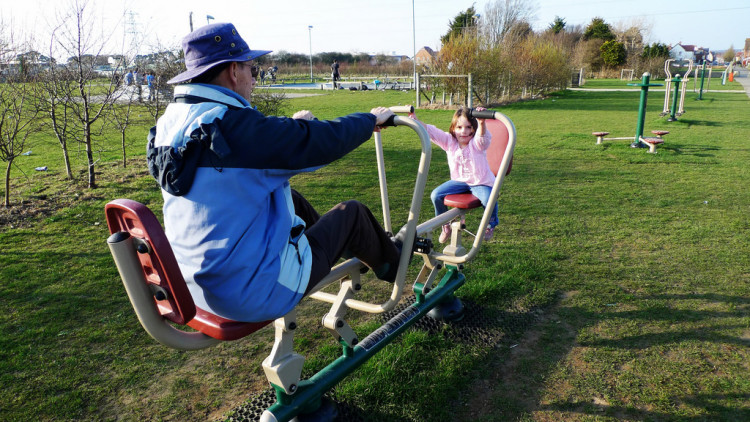Healthy diet and exercise are said to be the pillars of good health. But did you know that it can also benefit your brain? It can even help reduce thinking problems in older demographic.
A new study published in the journal "Neurology" revealed regular exercise for over six months, and a healthy diet can help improve older people's performance on cognitive tests. Led by Duke University Medical Center psychiatry professor James Blumenthal, the study has 160 participants, ages over 55-years-old, who has thinking skills like 90-years-old, per Time.
The group was divided into four. The first group took the aerobic exercise program, the second participated in the low-sodium diet, the third did physical exercise and changed their diet at the same time, and the fourth received educational sessions to improve their brain health.
The result showed that the third group, which changed their diet and exercised, had the greatest improvements in cognitive tests after six months. Their test scores' improved by nine years, making them similar to 84-years-old. On the other hand, the first and second groups didn't show significant change while the fourth one continuously dropped their cognitive test scores.
"The bottom line is that it's not too late to derive benefits from exercise," Blumenthal explains. "Even in this group of people who have evidence of cognitive impairments."
Heart health and proper blood circulation all over the body and brain play an important role in maintaining one's cognitive skills. The brain depends on the "oxygen-rich" blood that stimulates its activities.
Blumenthal continued to say that their operating model showed that by improving cardiovascular disk, people are also improving the function of their neurocognitive. When they start to improve their brain health, they also improve their heart health.
On the other hand, Weill Cornell Medicine's Alzheimer's Prevention Clinic director Dr. Richard Isaacson added many experts are already convinced of "lifestyle interventions" benefits to reduce the risk of Alzheimer's disease and cardiovascular dementia. However, specialists who are not yet convinced of its effects would find this new study as a "randomized, clinical trial" that proves its beneficial result, via WSLS.
He also added that controlled exercise activities within just a short period could already have a significant impact on one's brain. It could not only improve your brain but makes it get better in only six months. Although Isaac is not involved in the research, he suggests everyone do something today to have a better brain tomorrow.






